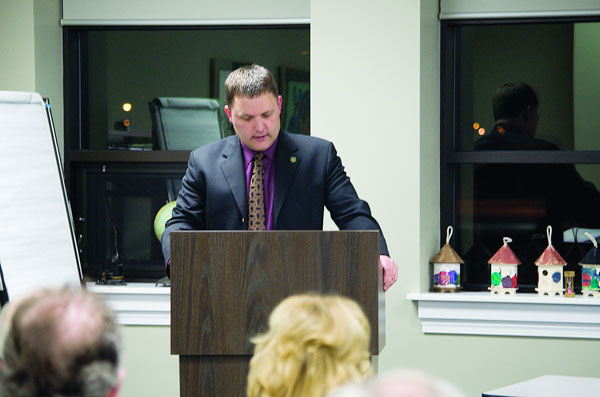
The Saskatchewan Rivers School Division sees itself as an agent of reconciliation. In 2015, the Truth and Reconciliation Commission (TRC) released their 94 calls to action and at their regular meeting on Monday, June 8 the board of education identified ways they can use their voice on matters relevant to the education system.
As part of the December, 2019 board/director seminar the board was asked to identify a TRC call for action. According to director of education Robert Bratvold the board discussed what to make a priority for the next school year.
“They know that in terms of the staff and the operations within the division there is lots going on and they wanted to speak to that as a board, as trustees, so they reviewed and had some conversation and identified the priority calls that they wanted to respond to in the coming year. That’s what that was all about, we had a big long list of the calls to action that we see our school division as being an agent of change around and so the board identified (what) they felt was the most important for the upcoming year,” Bratvold said.
On the subject of child welfare, the recommendations called upon all levels of government to fully implement Jordan’s Principle. Jordan’s Principle makes sure all First Nations children living in Canada can access the products, services and supports they need, when they need them. Funding can help with a wide range of health, social and educational needs.
Jordan’s Principle is named in memory of Jordan River Anderson. He was a young boy from Norway House Cree Nation in Manitoba.
The commission also called upon federal, territorial and Indigenous governments to develop culturally appropriate parenting program for Indigenous families.
In education, calls included improving education attainment levels and success rates, developing culturally appropriate curriculum, protecting the rights to Indigenous languages, including the teaching of Indigenous languages as credit courses.
Other areas covered in the calls included language and culture, justice, professional development and training for public servants, education for reconciliation and sports and reconciliation.
The next step in this process is to include this into the 2020-2021 Annual Work Plan for the board.

